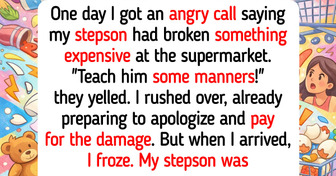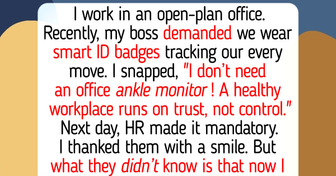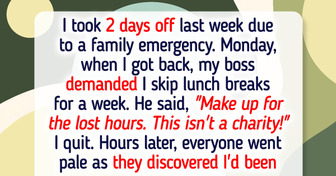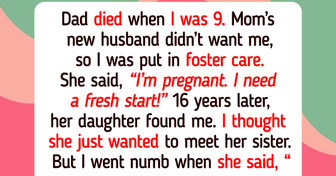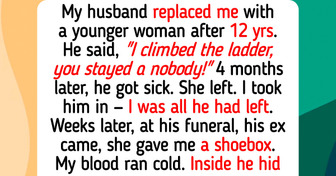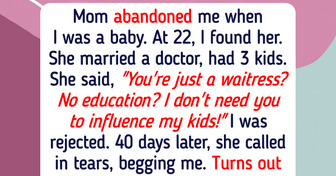I Want My Ex-Husband’s New Wife to Stay Far Away From Our Kids After I Noticed a Huge Red Flag About Her

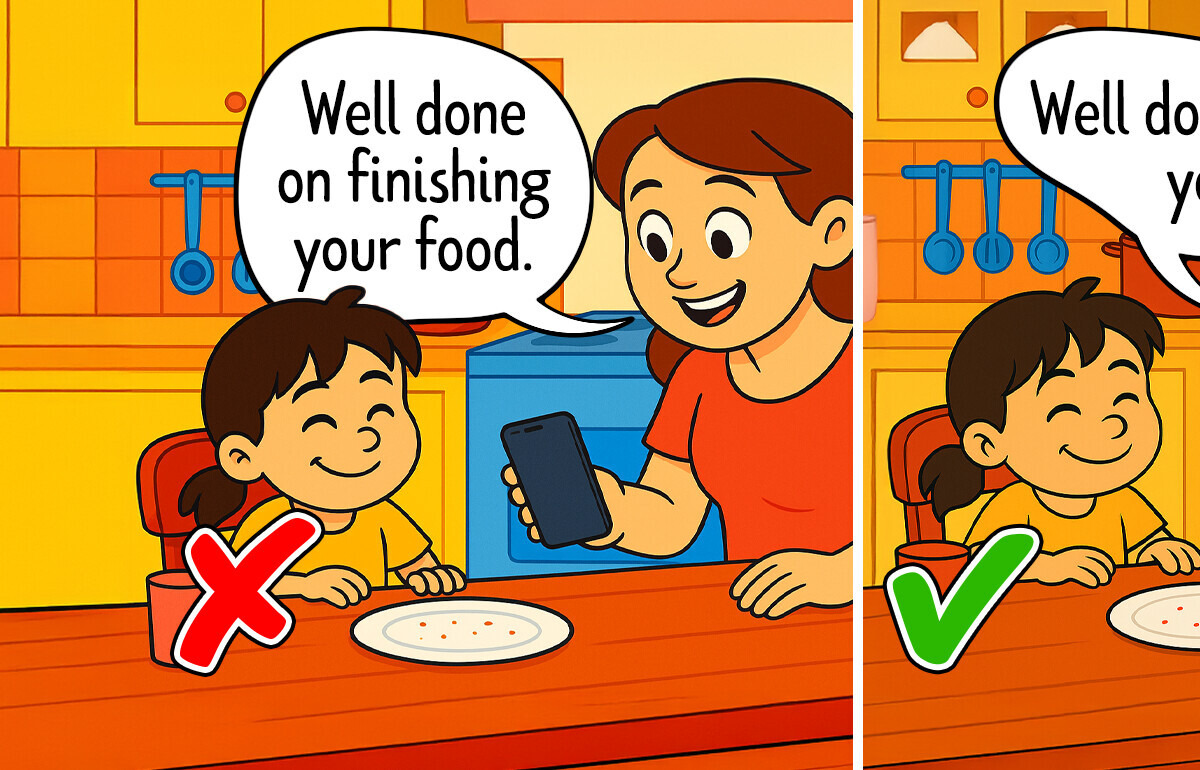
From sharenting to helicopter-parenting, these popular parenting styles that parents have sworn by, are now showing their flaws and proving that not every trend is beneficial in every household. Experts brought the facts, and we summarized them below to learn how they may not be good for children or parents in the long-run.
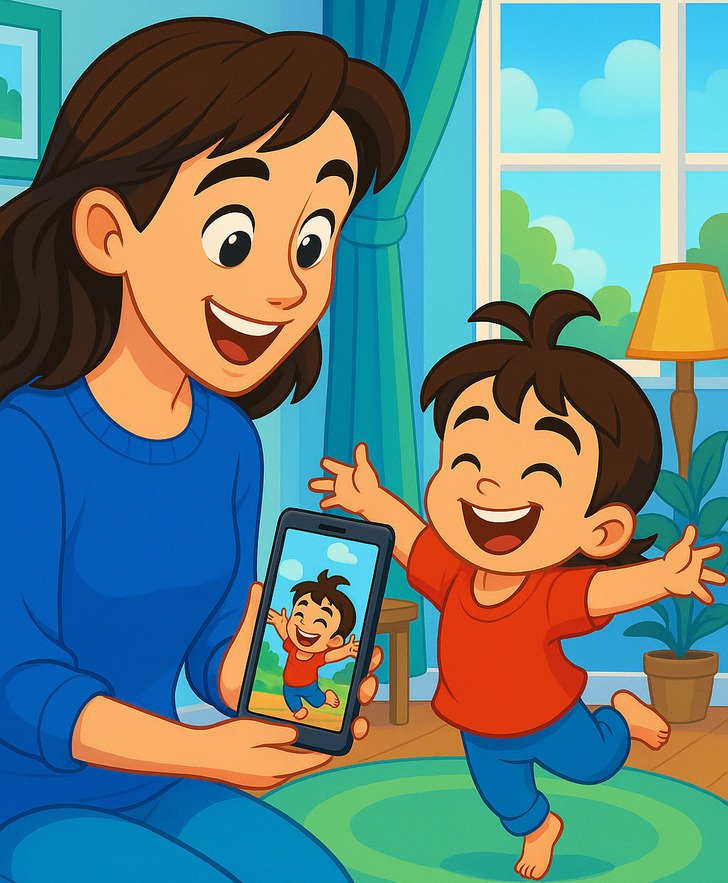
We’ve seen the kid-featured content all over social media, and while it may be cute, it’s not always safe. Experts define it as sharing overly personal data of children online as content — photos, videos, stories — or to people that are not immediate family.
How Can It Potentially Harm Children?
This is why in the age of social media parenting, striking the correct balance is important. Families can still stay connected by sharing, but exercise caution while doing it. Consider who’s on the other side of that post and whether or not your child will be able to handle the repercussions of the posts as they get older. Children also deserve privacy and as a parent, the onus is on you to provide it — to weigh if those posts will benefit your child in the future or if it has the potential to harm them in any way.

In theory, gentle parenting means treating children as individuals with their own point of views. It’s about being empathetic to your child’s emotional experiences, to guide, teach and model rather than to shame and punish, but the reality of it isn’t quite as perfect and this is where the worry comes in.
This parenting style does have its positives, and if it is working for you then by all means, continue. But to the parents who were feeling guilty because it wasn’t working for them, then they should find comfort in the fact that the style itself is flawed.
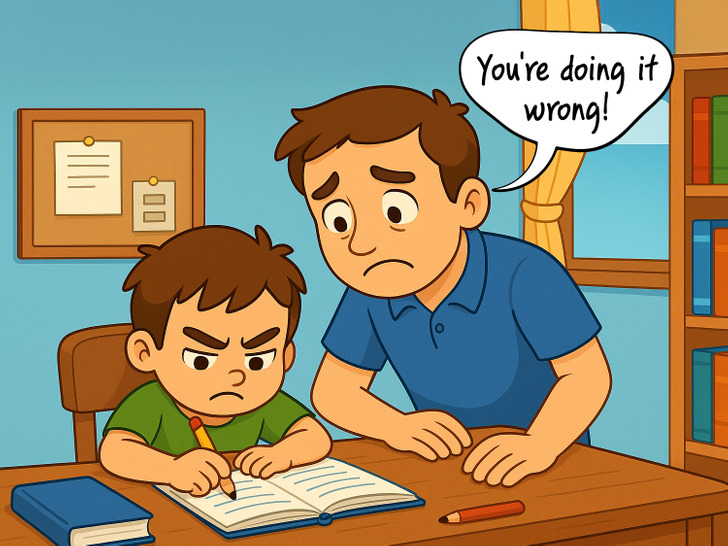
These are the parents that are too involved in their child’s life—hovering over them like a helicopter. They try to protect their kids from every mistake, failure, or bad feeling. But while they may be protected in the moment, experts are worried that it might actually destroy kids in the long-run.
Here’s why:
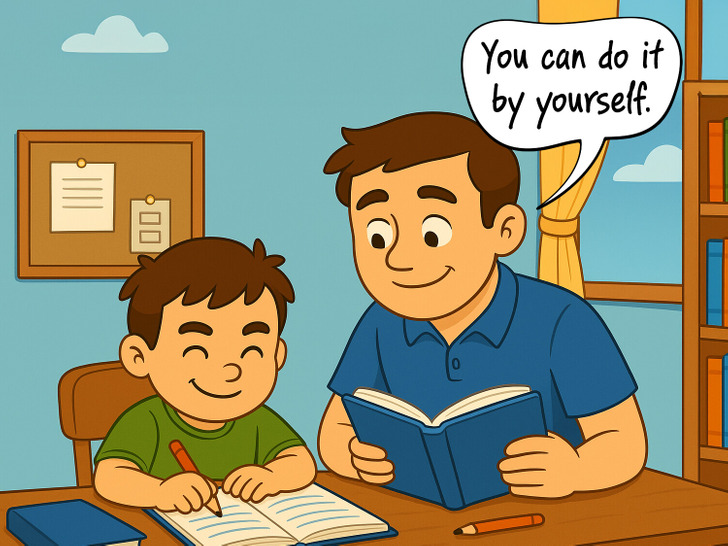
It’s good to support your child—but let them try, fail, and figure things out too. That’s how they grow into strong, confident adults.
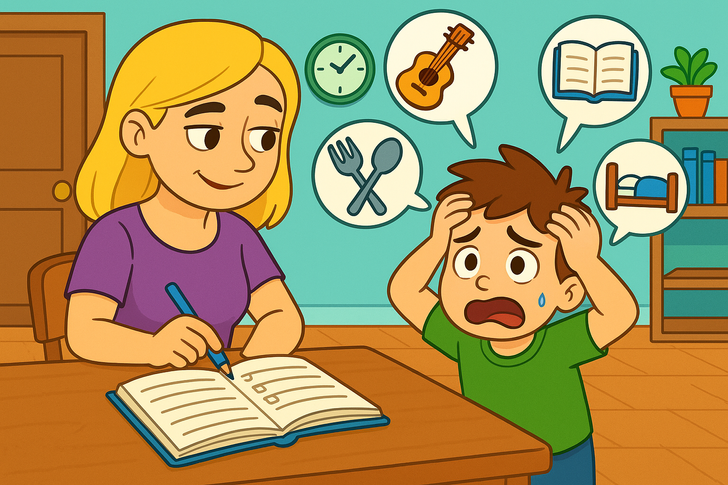
Overscheduling occurs when kids have too many things scheduled, such as tutoring, music classes, or sports, leaving little time for unstructured play, relaxation, or just being kids.
This is problematic because:
Planned activities are beneficial, but if your child’s schedule is overly crowded, monitor their excitement and energy levels to see if it benefits them. In the end, children need to experience the unplanned parts of childhood.
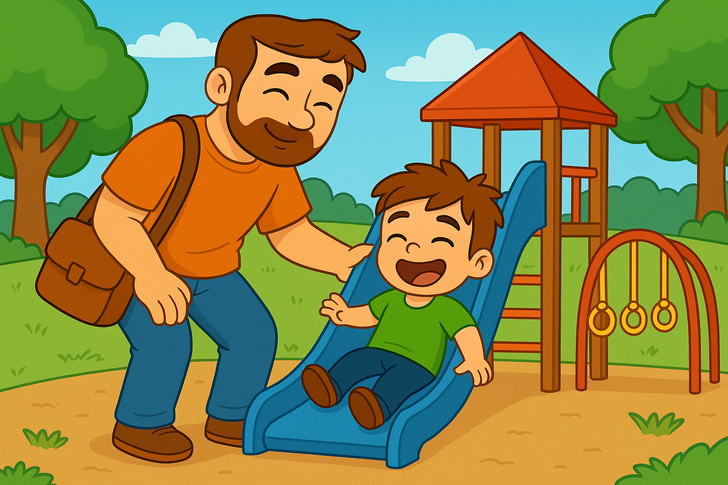
Excessive praise involves frequently complimenting children on their abilities or achievements, often with the intention of boosting their self-esteem. While well-meaning, this approach can lead to unintended consequences.
Why professionals are worried:
Instead of concentrating on broad praise, experts advise giving detailed, effort-based criticism. This method promotes a growth mentality, resilience, and more positive social relationships.
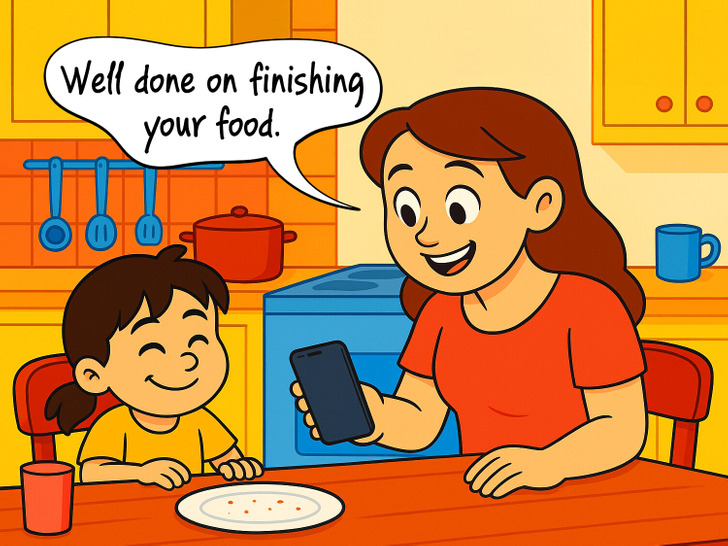
Giving kids access to electronic gadgets, such as tablets, smartphones, or televisions, as a reward for accomplishments like finishing chores or homework is known as “screen time.” On the other hand, it might also entail limiting screen time as a way to discipline bad conduct.
Experts, such as child psychologist Jarmila Tomkova, caution against this technique for several reasons:
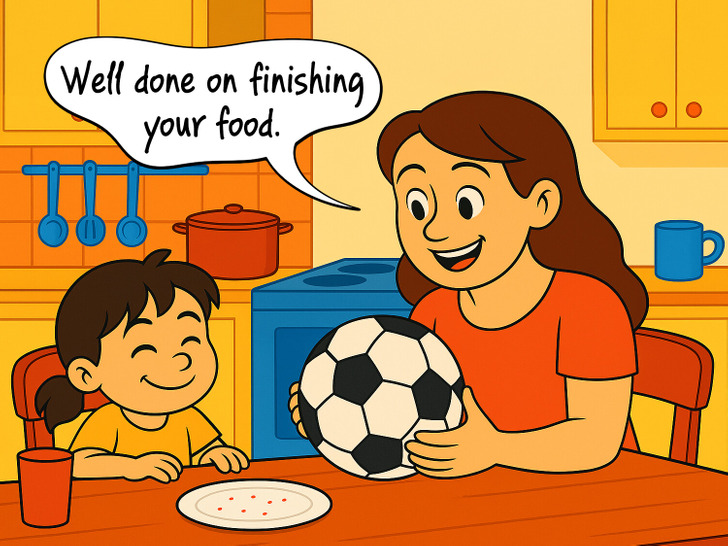
The most meaningful rewards are the ones that build strong bonds, spark happiness, and support personal growth. Try picking activities that inspire curiosity, create unforgettable moments, and motivate your child to explore what they truly love.
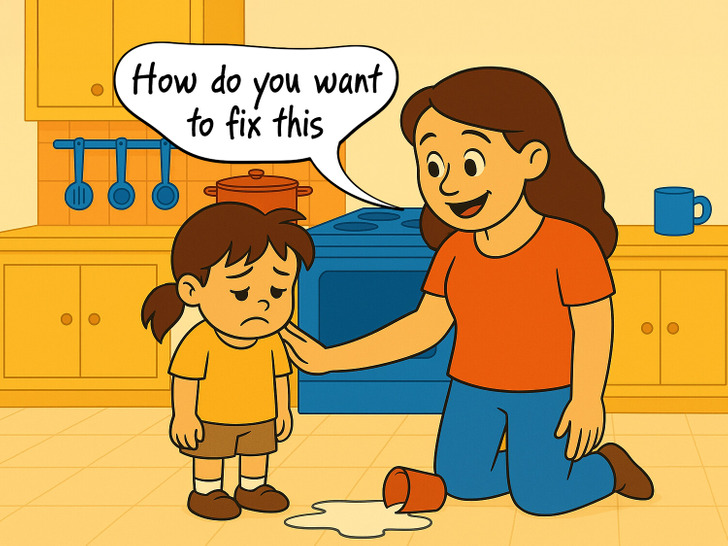
A term coined by pediatrician Dr. Kenneth Ginsburg, advises parents to be a steady presence, providing direction without going too far. Lighthouse parenting finds a balance between overly controlling parenting and free-range parenting which lacks supervision. For instance, a lighthouse parent may inquire, “How do you think you’ll feel in the morning if you stay up until 10?” in response to a child’s request to remain up late. It intends to encourage introspection
Although lighthouse parenting provides some good benefits, experts point out a number of difficulties and possible disadvantages:
Lighthouse parenting encourages children to become independent while knowing they have support, which is a balanced approach. But it’s crucial for parents to evaluate each child’s unique demands and modify their strategy accordingly. Implementing this parenting style successfully might be aided by being aware of the possible obstacles.
Evaluate your own child to see what works best for them and you, and adjust accordingly. While you’re here, check out the parenting trends that were once a thing but aren’t anymore.


